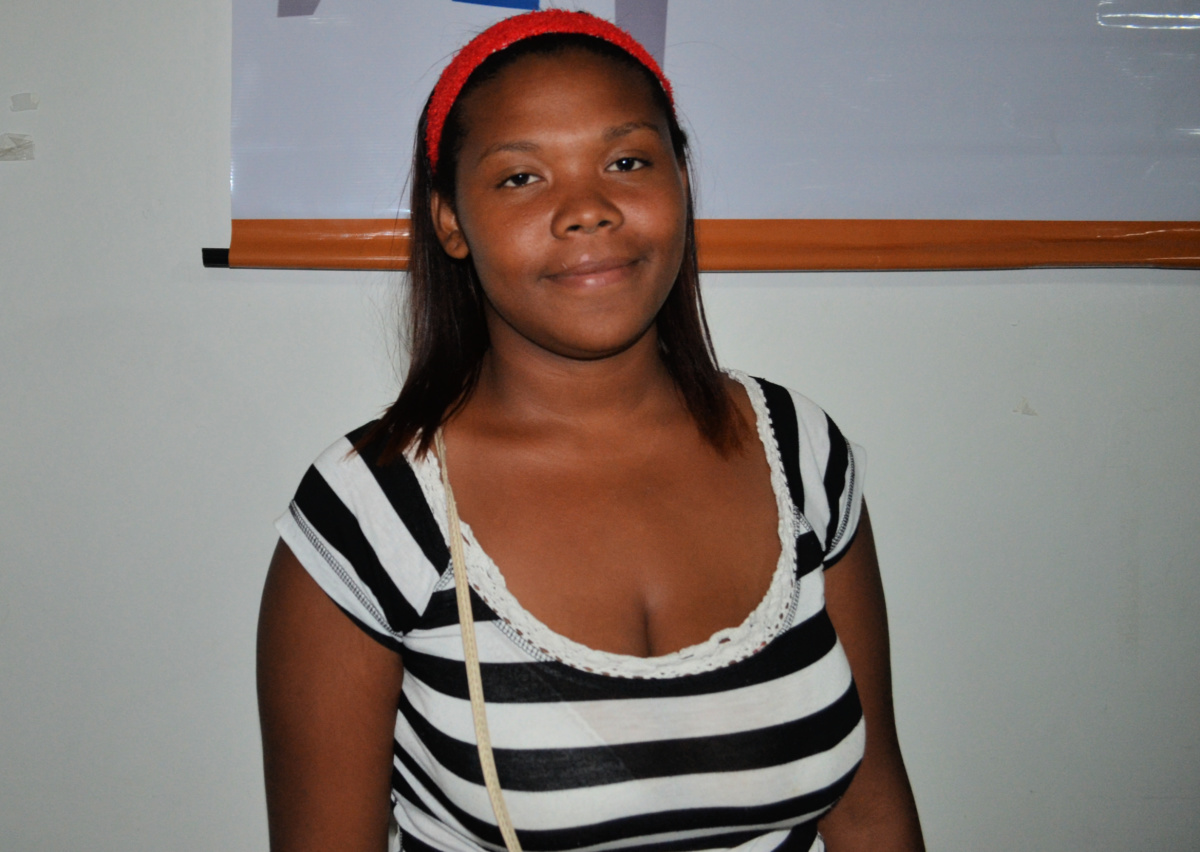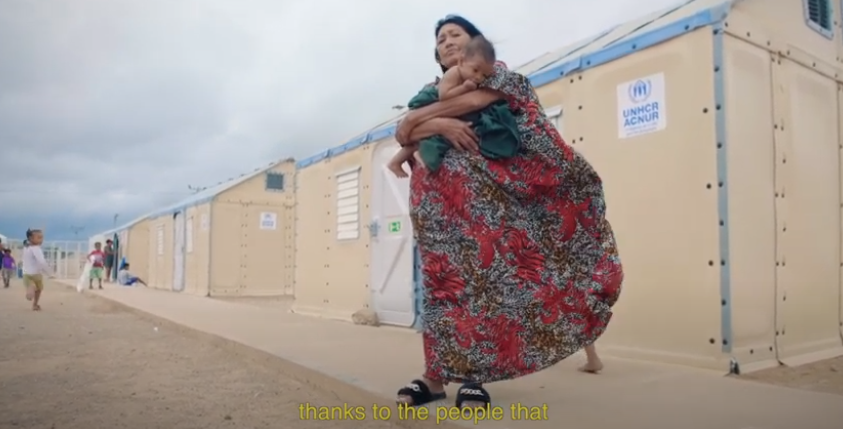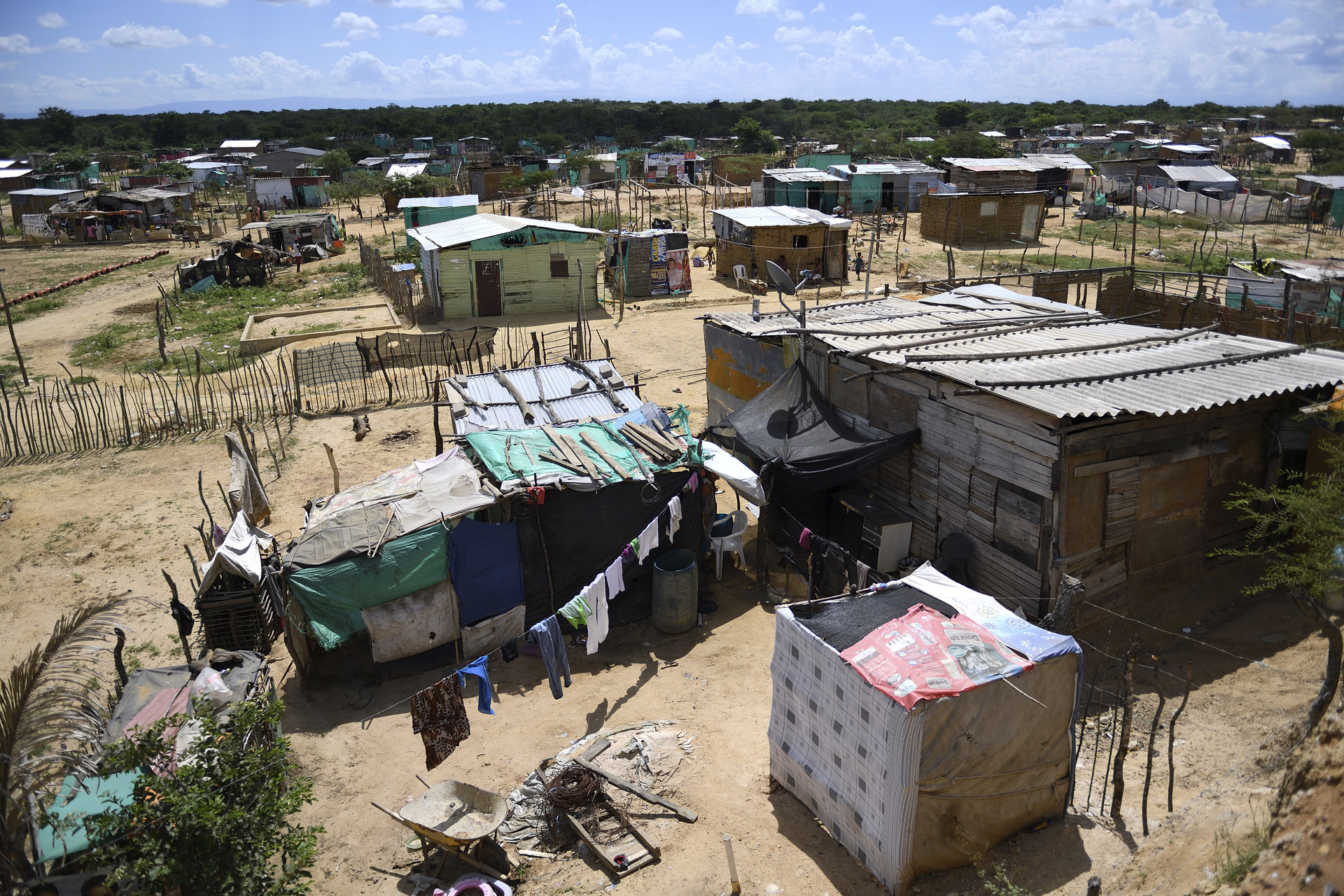South America
Malteser International Introduces Pediatric Care Program in Venezuela
When Malteser International Americas (MI Americas) Executive Director Ravi Tripptrap visited Venezuela last November, he witnessed first-hand the state of decay of the hospitals of Maracaibo, in the state of Zulia. Decrepit buildings, empty pediatric wards, and severe shortages of staff and medication plague the clinics of the country’s second-largest city.
“It seems like the economic crisis is far more apparent in Maracaibo, where up to 70% of the medical staff have migrated to Caracas or neighboring Colombia,” says Tripptrap. In fact, an estimated 1 million people have abandoned the city, leaving some of the most vulnerable residents behind.
The exodus is a result of the protracted socio-political and financial crisis that the country has been experiencing for over more than a decade. Hyperinflation, limited access to food and other basic goods, widespread disease, crime and high mortality rates are posing pressure on the population.
Malteser International has been involved in the response to the Venezuelan humanitarian crisis since 2018, providing medical and psychosocial support to migrants and refugees in Colombia. A significant percentage of the migrant population that MI Americas serves in La Guajira, are from Zulia.
“It seems natural for Malteser International to take action in Venezuela, we know the issues through many years of working in Colombia, and now we are able to make a difference and address the root causes of the exodus.”
Malteser International is enhancing the capacities of 3 pediatric hospitals in low to middle-income areas in Maracaibo, to provide life-saving medical and nutritional assistance to children and pregnant and lactating women.
It is estimated that Venezuela’s infant mortality rate has increased by 65% from 15 to 25 per 1,000 births, in the last 4 years. Hospitals report turning away 10 patients per day due to lack of capacity. Children with disabilities are the most vulnerable.
In addition to providing multivitamin supplements for pregnant women and operational improvements to the emergency and nutritional departments.
The program hopes to provide assistance to approximately 44,000 children and women in Maracaibo.


